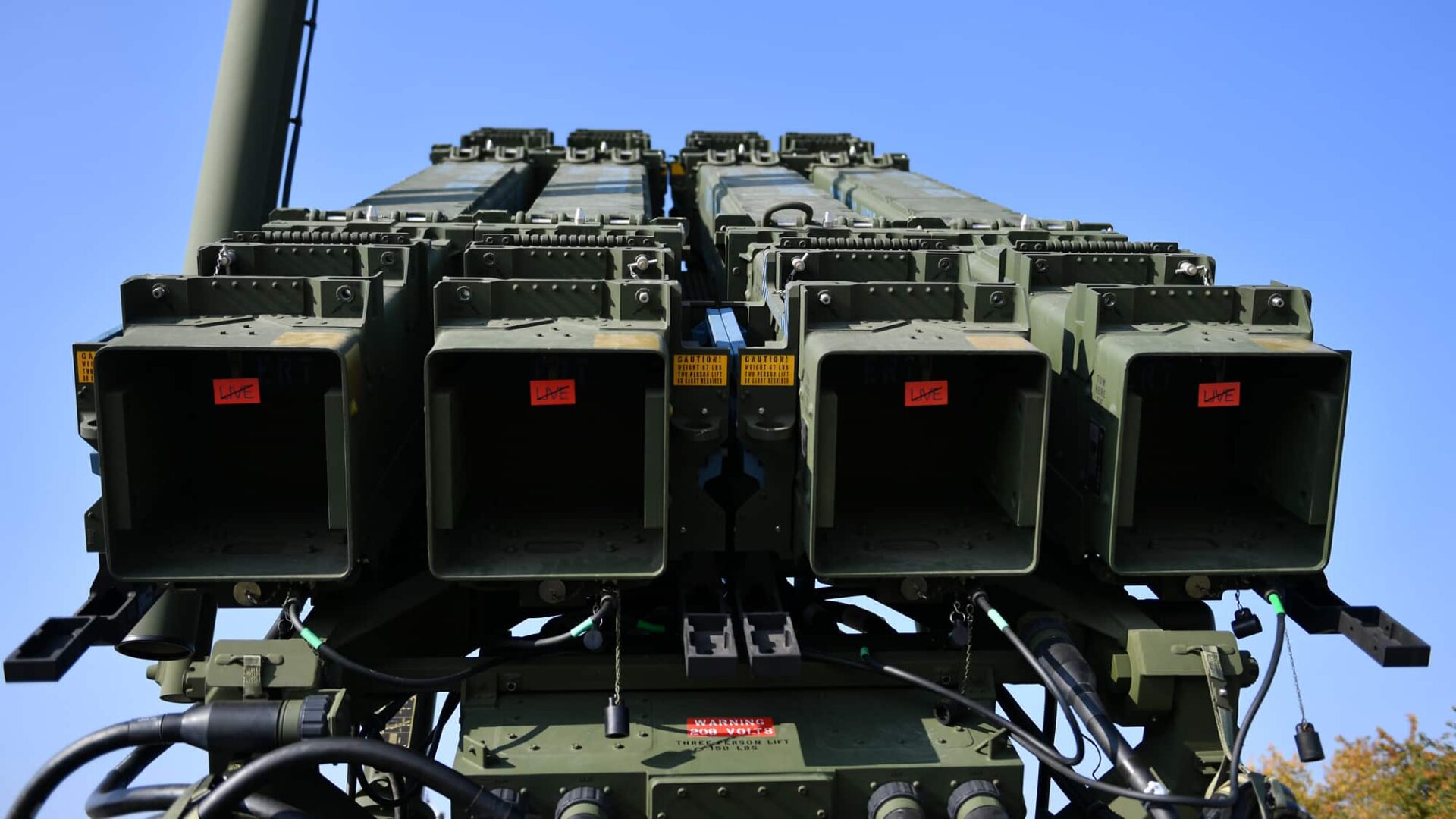**In Europe, particularly in Germany, a thesis is emerging that conflict with Russia should not be escalated to avoid transforming it into a full-scale European kinetic conflict. There is a growing fear of a war described as full-scale – meaning an expansion of the battlefields and bombings. Society fears a Third World War. However, this is a narrative that favors Russia – aimed at halting, withdrawing, reducing aid, and limiting actions contrary to Russia’s interests. One could say that the informatization and smartphone penetration of society facilitate the ease with which individuals can be influenced. For some time, the concept of cognitive warfare has been discussed – a war for the hearts and minds of people within societies. Democratic societies, which elect politicians, must consider public opinion – but can also influence general awareness.**
“Long have I held that the Third World War has already been underway. Russia, as the aggressor, has been impacting us for many years – at least 10, even 15 years,” said Maciej Matysiak, an expert from the Stratpoints Foundation and a lecturer at ANS Gniezno, to the service eNewsroom.pl. “Previously, Russia engaged in actions that interfered with our democratic order, such as financing and training terrorist groups, political forces intended to dismantle the European Union. Russia’s actions included numerous interferences in elections – in this regard, the number of tools for directly influencing society has drastically increased. A striking example is the situation in Hungary, Slovakia, or in France – where Marine Le Pen, although she changed her opinion, campaigned with slogans of leaving NATO and not provoking Russia. Most forces favoring Russia have extreme right-wing connotations – though Russia does not differentiate whether it influences the right or the left. What matters is that the narrative beneficial to it is perpetuated in the media, informational space, and cyberspace – according to Russia’s interests. Thus, today it is crucial to oppose Russia in every aspect – because the ongoing war is a war of values on one hand humanistic, democratic, focused on the individual for the good of the individual – and on the other authoritarian, where the individual has no say and does not count. Such is Russia,” explains Matysiak.
